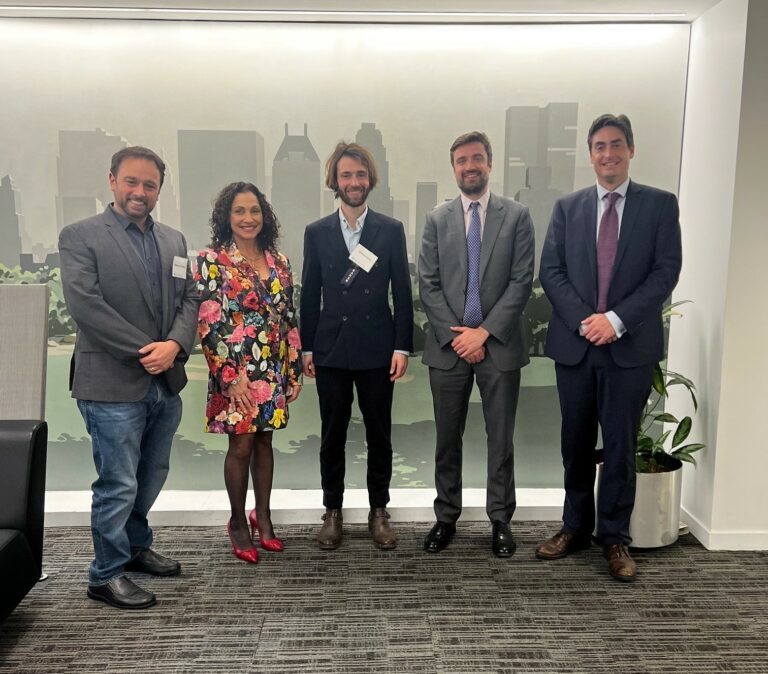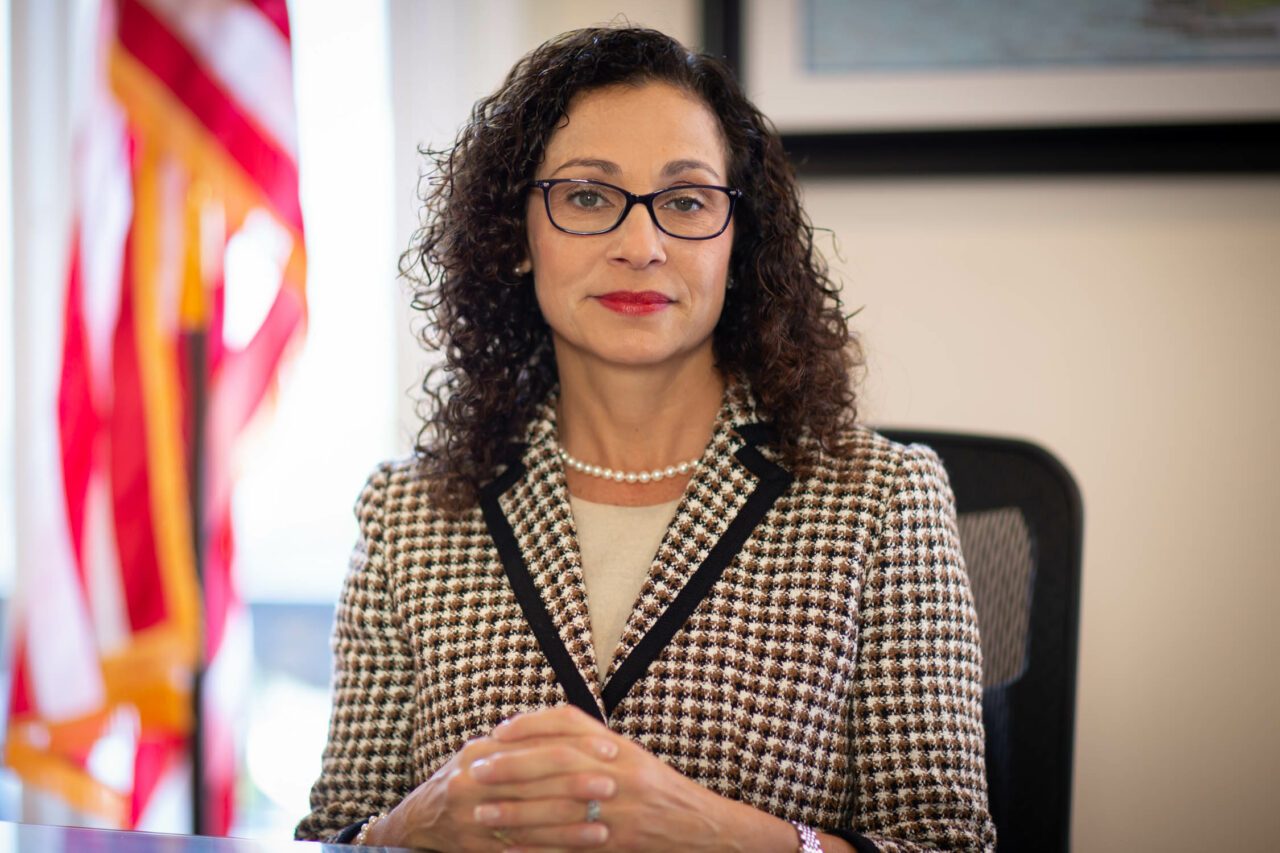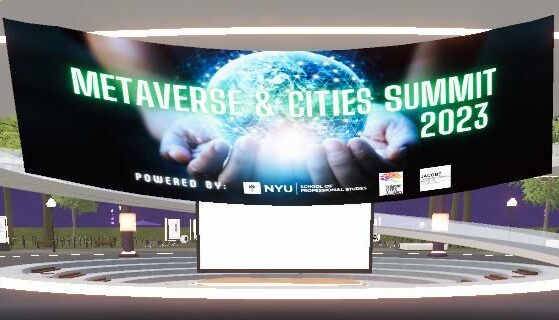Into the Metaverse: Discussing Legal Issues in Web3 Technologies
5.2.2023

Web3 is set to reshape the practice of law. These technologies, which include the blockchain, cryptocurrency, smart contracts, the metaverse, and non-fungible tokens (NFTs), were discussed at a two-day symposium hosted by New York State Bar Association and the Metaverse Collaborative at New York University’s School of Professional Studies.
“We must understand the technology itself and embrace it to allow us to better represent our clients and support our communities,” said President Sherry Levin Wallach. “To be leaders and innovators, lawyers must continue to embrace novel technologies, new ways of conducting legal practice in our ever-evolving world.”
The symposium, which included more than 30 worldwide experts, opened with remarks from Anthony Cannataro, associate judge of the Court of Appeals.
Matthew Kimber, lead lawyer on the Digital Assets Project and the DAOs (Decentralized Autonomous Organization) Project with the Law Commission of England and Wales, and Jacqueline Drohan, co-chair of the Bar Association’s Task Force on Emerging Digital Finance and Currency, spoke about recent cryptocurrency cases from courts in Hong Kong, the U.K. and the U.S.
“These issues are very difficult to isolate to specific jurisdictions,” said Kimber on the global nature of such technologies. “We’re going to end up working with each other a lot more going forward.”
Kimber and Drohan discussed how inconsistent standards from regulators and nations on the status of cryptocurrency had led to confusion for clients and traders.
“Two areas of the treasury department state that crypto is not currency,” said Drohan. “Whereas the IRS says it’s personal property and should be taxed as such.”
The Possible Uses of NFTs
As more artists use NFTs to distribute and authenticate their work, issues of ownership and copyright arise. NFTs are distinct pieces of data that are permanently embedded into a blockchain and can be purchased, traded and/or sold.
A breakout session on NFTs, moderated by Pablo Segarra, founder of Segarra Consulting in the Dominican Republic, featured a discussion between Eliana Torres, associate in the Intellectual Property practice group of Nixon Peabody, Professor Christopher Sprigman of the NYU School of Law, and Daniel Marcus, founding partner of Hustle Law and professor at NYU.
Sprigman said that while NFTs are useful for determining the chain of custody for data or artwork, they are not as useful for verifying authenticity. However, artists can benefit from NFTs in a way they cannot with traditional physical art; depending on the code and platform, artists may receive royalties every time a piece is resold.
The panel also discussed how NFTs could be used for deeds and property records, and the limits of such use.
“They can reduce the cost of holding property records. They can’t prevent fraud any more than paper property records can prevent fraud.” said Sprigman. “[NFTs] are going to be manipulable. I don’t think it’s a technology that solves problems, but it is a technology that can make property records more accessible. And when property records are more accessible, that opens up a whole bunch of potential value… people can understand what property is available more quickly, what zoning rules are attached to it.”
Finding a Use for Smart Contracts
Segarra also hosted a panel on the applications of smart contracts, which are coded protocols that automatically execute agreements when certain conditions are met – without needing an outside enforcement mechanism. The panelists included Maria Londono, general counsel at Klym in Los Angeles and co-founder of Disrupt3rs; Michael Kanovitz, partner at Loevy & Loevy in Chicago and CEO at Jurat Blockchains; and Shobaná Iyer, barrister FCiarb at Swan Chambers in London.
Smart contracts are best for simple transactions that use information that can be accessed by the blockchain.
“A lot of people… started saying, ‘How can I solve this problem with blockchain?’ when the question should be the other way around,” said Londono. “’Which technology would be the right fit to solve this problem?’ Sometimes the answer is blockchain, sometimes the answer is not.”
The full metaverse symposium is available on demand.






